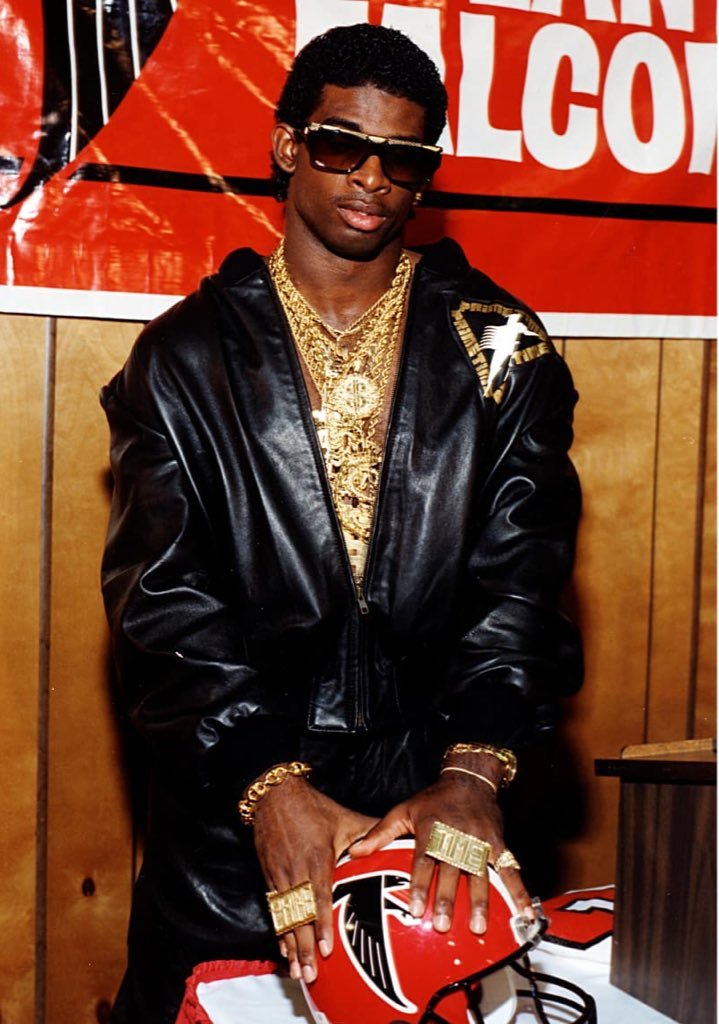The NFL Draft is a high-stakes event in which clubs compete for the greatest players to improve their squads. However, behind the scenes, there is a mysterious practice that has long piqued the interest of fans and analysts alike: the deliberate leak of negative information about draft prospects. Deion Sanders, a former NFL player and college football head coach, recently shed light on this phenomena. But is it a hoax, as some insiders suggest, or a reality that influences players’ draft prospects?
In a tweet by NFL Rumors [@nflrums], Sanders suggests a potentially manipulative practice by some teams:
“REPORT: Deion Sanders recently suggested that NFL teams could strategically release negative information about draft prospects they’re interested in, potentially influencing their draft stock. #NFLDraft.”
REPORT: Deion Sanders recently suggested that NFL teams could strategically release negative information about draft prospects they’re interested in, potentially influencing their draft stock. #NFLDraft pic.twitter.com/TNbXdPbGpX
— NFL Rumors (@nflrums) April 21, 2024
This allegation raises serious questions about the ethics of the NFL Draft process.
Deion Sanders’ questions the NFL
Deion Sanders, with his extensive experience in both college football and the NFL, has a unique perspective on the draft process. His claim suggests that some NFL teams might intentionally leak negative information about draft prospects they’re interested in.
This could take various forms, like anonymously sharing concerns about a player’s work ethic, character issues, or exaggerating injury concerns. The goal, according to Sanders, is to potentially lower a player’s draft stock, allowing the team to select them at a more favorable position.
The ethics of manipulating a player’s draft stock through negative leaks are certainly questionable. Players dedicate their lives to reaching the NFL, and their draft position significantly impacts their future careers and financial security. Intentionally sabotaging that process is unfair and could be considered unethical.
The NFL doesn’t explicitly address negative leaks about draft prospects in its official rulebook. However, the league emphasizes integrity and fair play throughout its operations.
If Sanders’ claim proves true, the NFL might be forced to implement stricter regulations or investigate potential violations. This could involve stricter penalties for teams found leaking false or misleading information about draft prospects.
ALSO READ: Jayson Tatum makes history by being in 7 NBA playoff runs in 7 seasons, all at the tender age of 19

